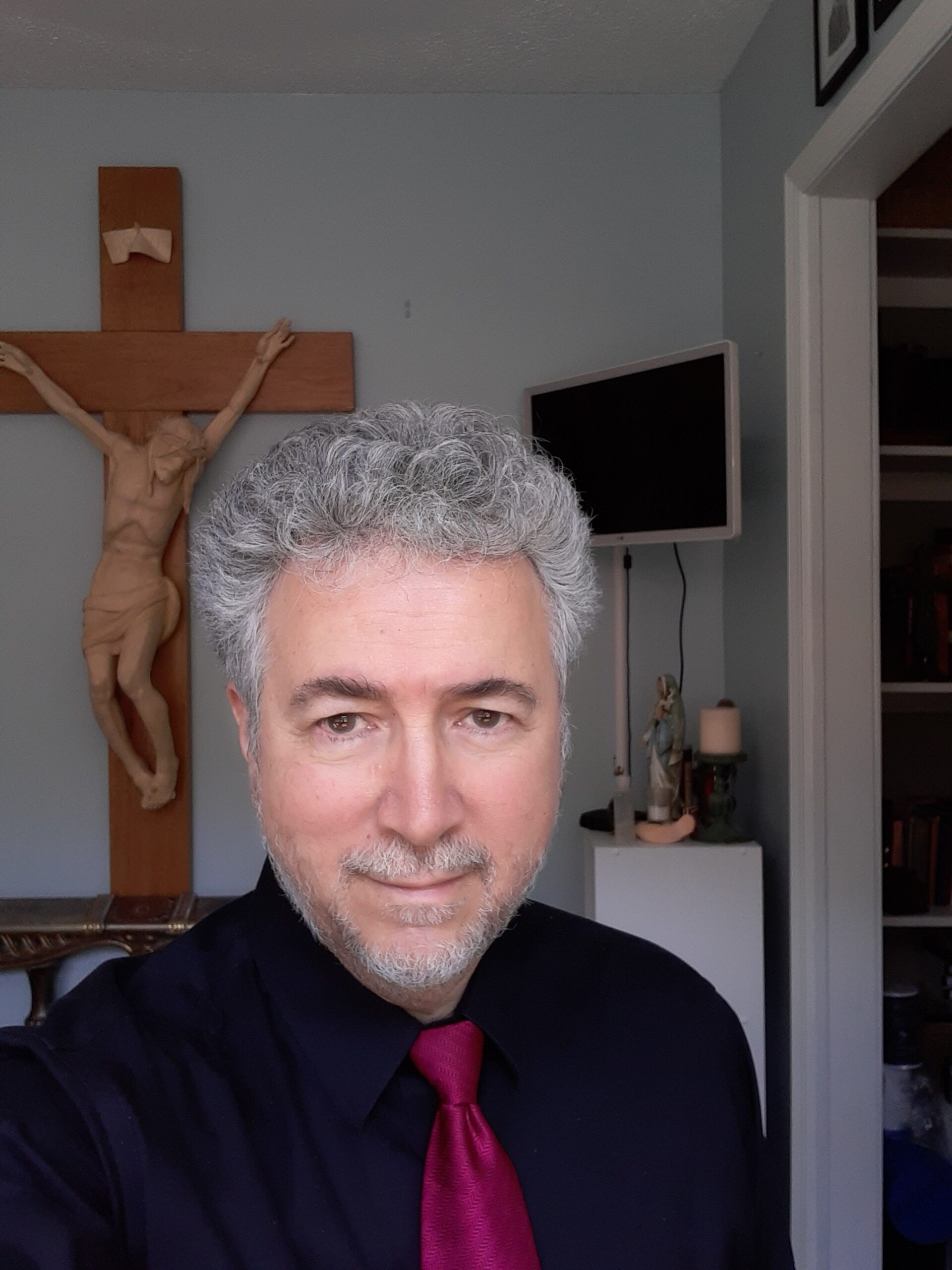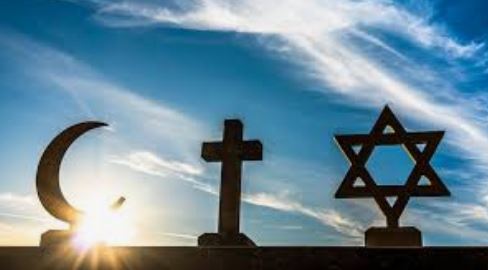Non-Christian monotheists (Jews, Muslims) seem to have a strong sense of justice on the micro level, but not the macro level. This is a bit perplexing.
Retaliation and vengeance to rectify things have long traditions in these faith communities. But even though this sense of justice exists on the micro level, the same justice, of the need to make things right, is not recognized as needing to apply to the big picture. To understand this, let’s go beneath the surface.
Justice is goodness, which in a fallen world needs to be restored. Injustice causes disorder and division, and must be redressed in order to restore goodness. On the macro level, mankind’s sin against the infinite majesty of God is an infinite injustice against the infinite goodness of God. This causes deep division between God and man, justly resulting in a broken relationship. This rejection of the source of life, love, and truth leads to Hell. Restoring justice is necessary in order for humanity to be re-united with Him. And here is where Jews and Muslims appear to be very inconsistent. The offense of sin must be properly redressed by the offender(s) for things to be first made right. How can this be done? What does reason point to?
Tit-for-tat wars over the centuries in the Middle-East illustrate a desire for justice, albeit imperfectly understood. Animal sacrifices of past eras pointed to a primordial acknowledgement of the need for atonement. But the presumption now seems to be that on the cosmic level God can just wave His proverbial hand at man’s transgressions and all will be right; no proper restoration of justice is necessary before attempting reconciliation. This contradicts reason.
It is true that God can do anything, but He cannot contradict Himself or His nature. God is truth and love, which includes Justice. Hence, sin must be atoned for by the offender, actually or vicariously, in order for restoration to occur. This atonement must fit the offense. Again, since sin is an infinite offense against the infinite Goodness of God, restitution must be made by an act of love that is at least equal in power to the offense. And there lies the dilemma: Mankind is the offender but does not have the power to fix what he broke. Everlasting misery, therefore, is His just reward.
For redemption, forgiveness, and reconciliation to be realized and right-relationship with God restored, an act of love that has infinite value must be performed on man’s behalf to blot out his offense. Hence, the conundrum is two-fold: Only God has this power, but it is man who must atone. Therefore, it is necessary that someone who shares the offender’s finite humanity AND possesses the infinite power of divinity accomplish this feat. Only a sacrificial act of a God-man can possibly restore things to justice, i.e. rightness, after humanity’s transgression and fall from grace. Only an act of a God-man can save man from everlasting alienation from God, which is the misery of Hell. The answer is a Savior possessing the nature of God and of man. As the old saying goes, “Jesus paid a debt He didn’t owe because we owed a debt we couldn’t pay.” Religion (from the Latin ‘religare‘, meaning to bind together) demands this.
Jews and Muslims in general hold portions of the faith, including a keen sense of justice. Nonetheless, it is fascinating that so many fail to recognize the inconsistency of being mindful of the necessity of justice on the micro level while ignoring its necessity on the macro level.

